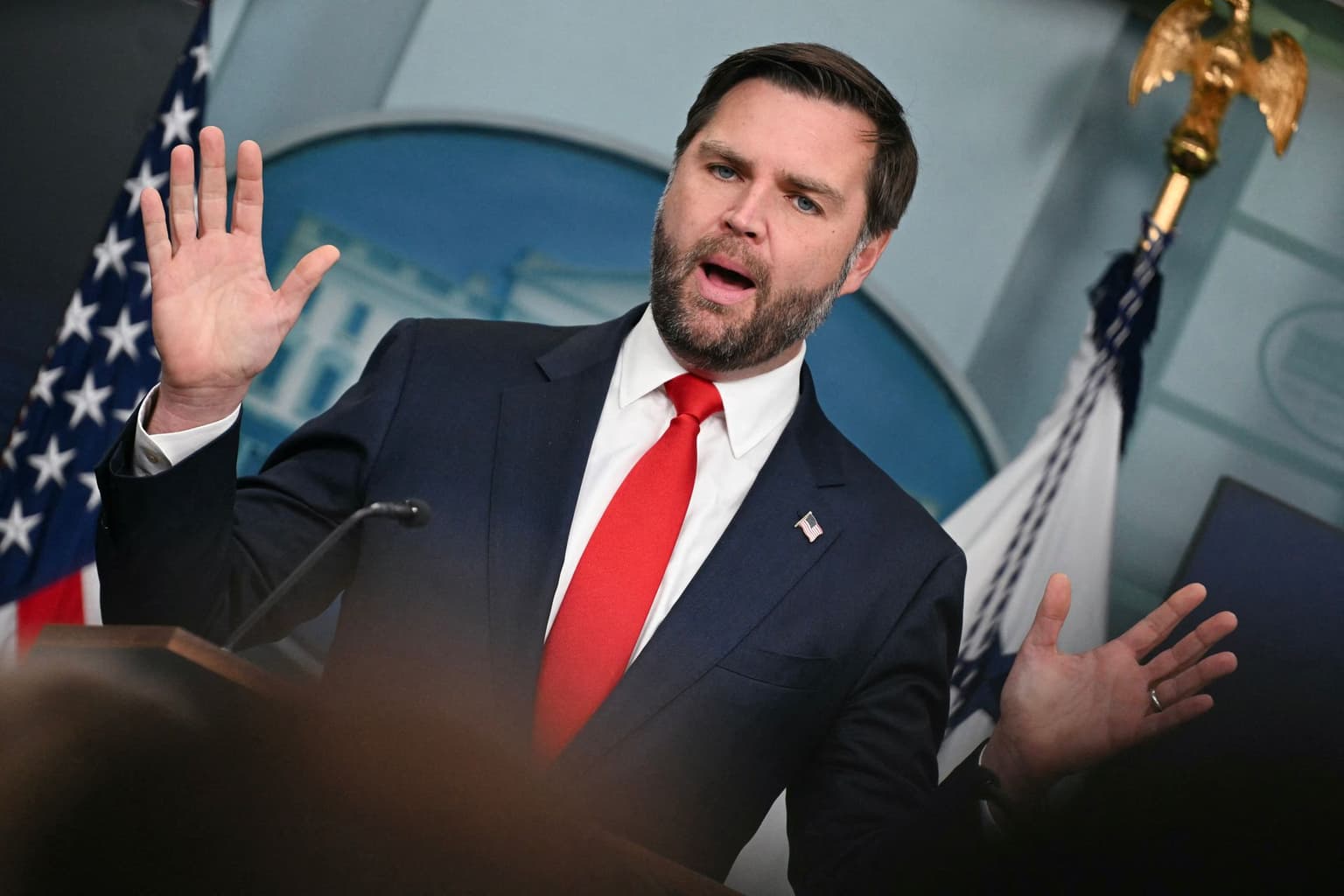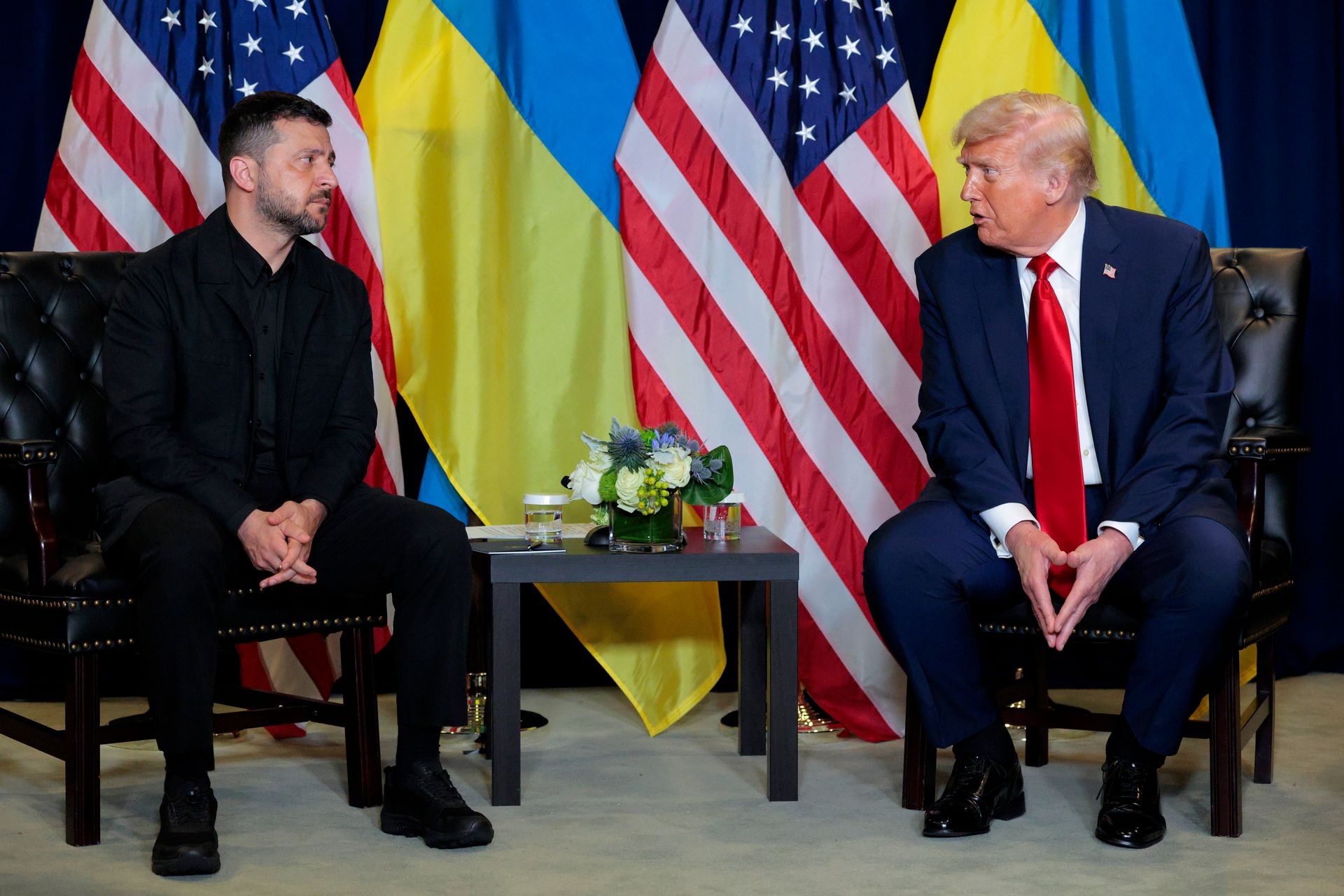Russia, Ukraine not ready for peace deal, Vance says ahead of Zelensky-Trump meeting

Russia and Ukraine are not yet prepared to strike a peace agreement, although some progress has been made over the past few months, U.S. Vice President JD Vance said in an interview with Newsmax on Oct. 16.
The comments came only a day before U.S. President Donald Trump is scheduled to host President Volodymyr Zelensky in the White House to discuss U.S. support and peace efforts in Ukraine.
"As much as energetic diplomacy from the president of the United States can get people to the one-yard line, eventually you have to have the two parties who are willing to cut a deal," Vance said, lauding Trump's diplomatic efforts.
"And right now... the Russians and the Ukrainians are just not at the point where they can make a deal."
Trump's now months-long push to broker a peace agreement between Kyiv and Moscow yielded little result, as Russia continues to escalate strikes against Ukrainian cities and rejects a ceasefire.
According to Vance, there is "fundamental misalignment of expectations, where the Russians tend to think that they're doing better on the battlefield than they actually are."
The vice president also noted that while tariffs can be effective in influencing Russian behavior, sanctions do not "work particularly well."
Ukraine has said that peace can be achieved only through increased pressure on Russia through sanctions and defense support.
Zelensky is expected to discuss a potential delivery of Tomahawk missiles during his meeting with Trump, but the outcome seems uncertain after the unexpected phone call between the U.S. president and Russian President Vladimir Putin on Oct. 16.
Putin reportedly warned Trump that Tomahawk deliveries would damage Russia-U.S. relations, and the two leaders agreed to meet in Budapest in the coming weeks.
The Trump administration said earlier this week that it is ready to fund Ukraine through new heavy tariffs on China — provided that European allies take similar measures.
Trump has also imposed a 50% tariff on India over its purchases of Russian energy, and later claimed New Delhi plans to halt Russian oil imports.











